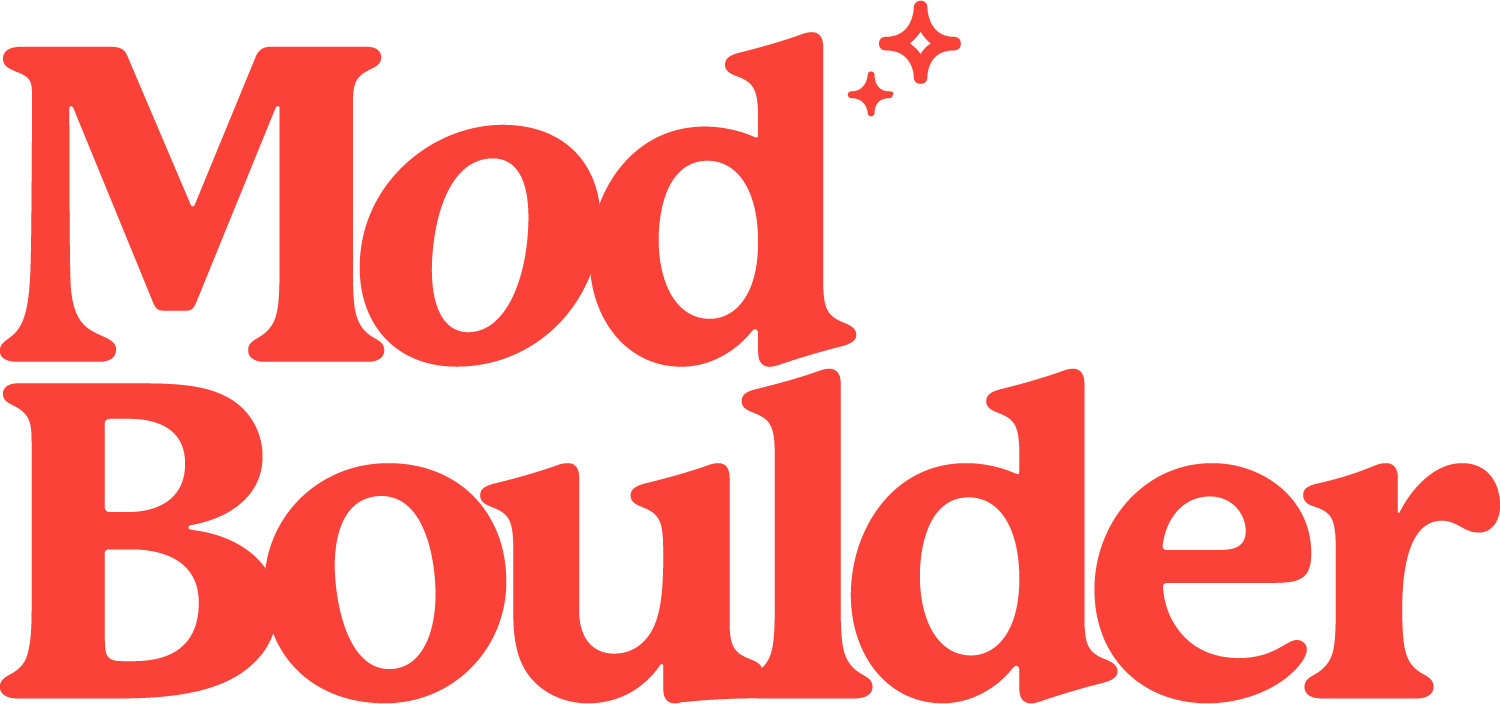Playing the Numbers Game: Strategies for Picking a Perfect Price
You’re ready to sell your home. You’ve connected with a savvy agent, worked through the comps, and determined a sales price. But before you officially list, make sure you put thought and strategy into your asking price, to help your property stand out in the sea of listings.
In the real estate world, marketing researchers have extensively studied how pricing impacts buyers’ behavior. This phenomenon is known as the psychology of pricing, or the idea that certain numbers can heavily influence our perceptions and actions. With data to back up the theory, this isn’t just another trendy-and-fleeting concept peddled by marketing nerds. And because of the high stakes in a real estate transaction, there are even more specific strategies to consider; we’re not just hawking a cup of artisanal coffee here, we’re selling a home—and even a lifestyle.
While marketing gimmicks won’t get you very far in real estate, there are some nuances you can implement to help your listing speak to more potential buyers. Let’s dive in.
Charm Pricing
We’ll start with marketing 101: charm pricing. All those nines you see after the decimal point in the grocery store? They’re there because we read from left to right, so when we encounter a price at $1.99, we see the one first and perceive the price to be closer to $1.00 than it is to $2.00. Essentially, ending a price in a nine convinces us that we’re getting a deal.
Does this theory translate to real estate? An analysis of four million home sales shows that yes, you’d be wise to round your list price down to the nearest $9,000 to entice potential buyers. For example, if you determined your fair market value at $854,000, you may be better served with $849,000 to draw in more offers.
Another consideration is your buyers’ budget: since most buyers cap their budget at a round number like $850,000, your listing may appear in more searches if you price just below it. But fair warning: don’t go crazy with the nines—a number like $849,999 screams of suspicious desperation.
One caveat: avoid this tactic if you’re pricing a high-end property. It’s been proven that consumers are more likely to feel good about spending $40.00 on a bottle of champagne than $39.72 or $40.28. Using this same logic, when selling a luxury listing, using a round number is a winning strategy.
Precision Pricing
Another marketing tactic is precision pricing. A 2007 study shows that buyers are willing to pay more when you set a precise—rather than rounded off—price point. This strategy is effective when you’re dealing with large numbers (think $1,000,000 and up). Precise numbers trigger an association with value, thereby influencing people’s perception that they’re paying the best—and most precise—price.
Additionally, using the strategy of exactitude—in your counter offer in particular—can be very effective. When you counter, make the number so specific that it appears as though you must have that number to sell. You want it to seem like the number is thoroughly thought-out, whereas if you countered with a rounded number, buyers know that you’re just tossing something out there.
Numerology
Boulder being Boulder, it’s no surprise that numerology is often a standard consideration in a real estate transaction. While I’ve just espoused the benefits of round numbers for a luxury listing, choosing a seven, eight, or nine as the last digit of your listing price shouldn’t be completely dismissed. As an example, in Nevada, where 777 represents the jackpot on slot machines, you’re three times more likely to see that lucky trio appear in the asking price than anywhere else in the country.
It also pays to consider cultural beliefs and values. In Chinese culture, for example, the number eight has special significance, including house numerology. The Chinese word for eight (pronounced “ba”) sounds very similar to the word for “wealth” or “fortune” (pronounced “fa”), making it an auspicious number.
In many cultures, the number 13 is unlucky. That’s right, triskaidekaphobia is real—and real estate proves it. More than just a mouthful, triskaidekaphobia is a condition where people have an extreme superstition toward the number 13. Selling your home for $1,313,000 will only add to a superstitious buyer’s irrational numeric fears—especially if you host an open house on Friday the 13th.
Cushion Pricing
Last but not least, choose an asking price with built-in wiggle room. Even if your home is perfectly priced, some buyers simply refuse to pay full price—and a reduction of just a few thousand dollars is all they need to feel satisfied. By adding a mere one percent to your asking price, you’ve added built-in negotiating room without giving up much on your end. Often, this method allows for a win-win situation for both buyer and seller.
As you’ve probably surmised by this point, dialing in the perfect asking price for your home is part science, part intuition, and part psychology. From understanding comps to implementing marketing tactics, your listing price should be thoroughly thought-out before it hits MLS. You’ll also want a broker who can be your realistic level-setter, and who has their finger on the pulse of the local real estate market. Once you’ve dialed in your perfect number, sit back and watch the offers come in, because you played it smart and priced it right from the start.

